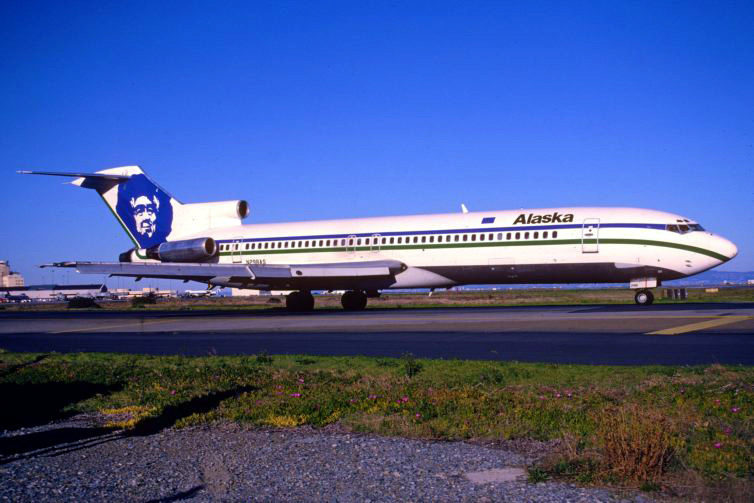
The United States” fifth-largest air carrier — Alaska Airlines — traces its roots deep into American history; in fact, the airline began in its namesake”s state nearly 27 years before Alaska achieved statehood. The formerly localized west coast regional air carrier boasts an impressive route structure, serving 116 destinations with over 1,200 daily departures. After the 2016 acquisition of San Francisco-based Virgin America, Alaska Airlines began a new phase of operations, utilizing its inheritance of 67 Airbus aircraft and dozens of new routes. When mainline service is combined with wholly-owned subsidiary Horizon Air and contracted carrier SkyWest Airlines, Alaska Airlines proudly boats the honor of operating the ”Most West Coast” flights each day.
However, Alaska Airlines and its affiliates have carefully expanded their daily operations far beyond the western United States, serving eastern seaboard destinations from Boston to Miami. In 2014, 25% of all Alaska Airlines daily departures traveled across North America; after the Virgin America acquisition a mere four years later, that figure has nearly doubled. Simultaneously, growth to areas outside of the continental U.S. remains relatively stable and, in some cases, diminished. After connecting Bellingham, Washington to various Hawaiian destinations for nearly a decade, Alaska Airlines announced cessation of all Bellingham nonstop flights except service to Seattle-Tacoma. Growth within the airline”s namesake state of Alaska remains stagnant; service to Mexico faces a similar outcome.
Alaska Airlines, alongside subsidiary Horizon Air and its partner SkyWest Airlines — through a capacity purchase agreement — has strategically eliminated under performing routes over the recent years. Instead, Alaska has elected to beef up its west coast hubs to maintain a stronghold among residents along the west coast. After the 2008 merger of Delta and Northwest, ferocious competition rose in former Alaska Airlines strongholds, specifically Seattle and Portland. Delta Air Lines maintains an expansive international network from Seattle, leading to recent growth and additions in domestic service and direct competition with Alaska Airlines. To combat, recent Alaska Airlines strategic decisions can be categorized into three distinct categories: Streamlined regional operations, acquisition of Virgin America, and an ever-expanding route network.